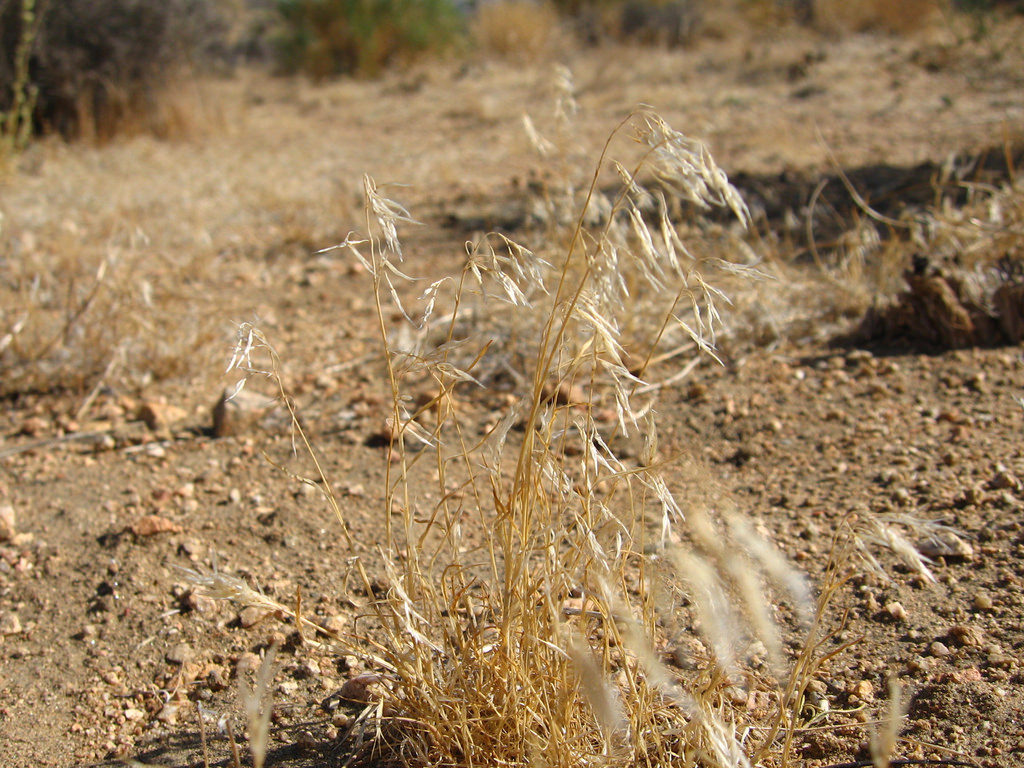Scientists with Northern Arizona University’s Merriam-Powell Center for Environmental Research were awarded a three-year, $335,000 grant from the Joint Fire Science Program to test a new approach for restoring sagebrush landscapes degraded by cheatgrass. The approach, known as applied nucleation, involves planting species close together to promote resource sharing.
Sagebrush covers large portions of the West, including Arizona, and provides habitat for hundreds of animal species. By some estimates, sagebrush habitat has declined by as much as 50 percent. Cheatgrass, an introduced grass that likely originated in Asia, has contributed to this decline by encouraging more frequent fires. Cheatgrass also changes the soil community in ways that limit the re-establishment of native plants after fires.
“Applied nucleation has been used in forestry, but this project is the first attempt that we know of to use it to restore degraded sagebrush habitats,” said Karen Haubensak, the project’s principal investigator and assistant research professor in NAU’s Department of Biological Sciences. “We want to understand the specific mechanisms of this planting strategy in an arid ecosystem type, with the goal of improving restoration outcomes.”

The research team will use state-of-the-art genetic techniques to examine how the spacing of seedlings influences below-ground networks among microbial communities and whether applied nucleation can be used to offset the negative effects caused by cheatgrass. This study will also examine if planting seedlings close together promotes resource sharing, known as facilitation, more than traditional planting strategies that use a regular spacing pattern.
“This grant is one more example of the cutting-edge restoration science that is the hallmark of NAU’s Merriam-Powell Center,” said Neil Cobb, director of NAU’s Merriam-Powell Center for Environmental Research. “This project also demonstrates NAU’s commitment to producing science-based solutions for Arizonans confronting the disruptions caused by wildfire and other threats to western lands.”
In addition to advancing research that can be applied to an important problem, this project will train and educate NAU students who will be involved in the field research.



